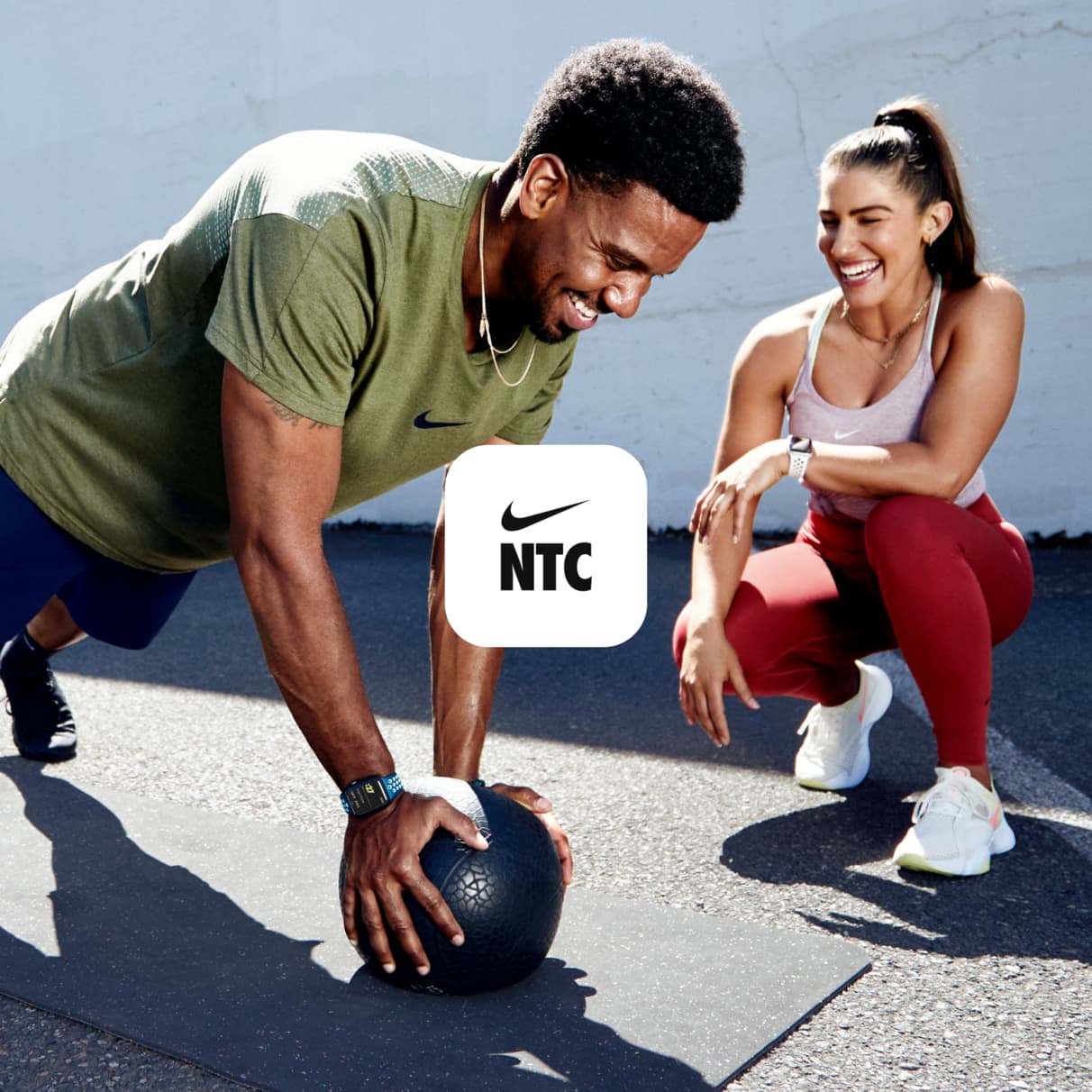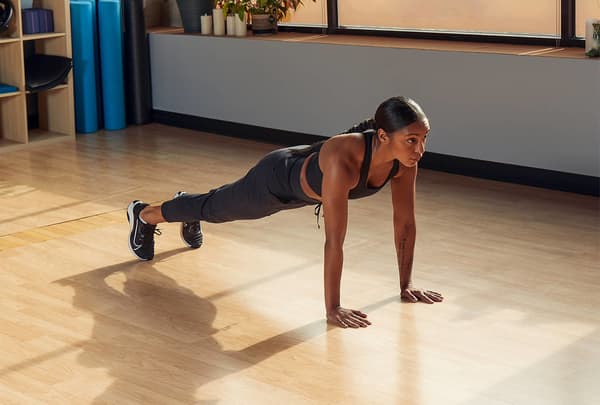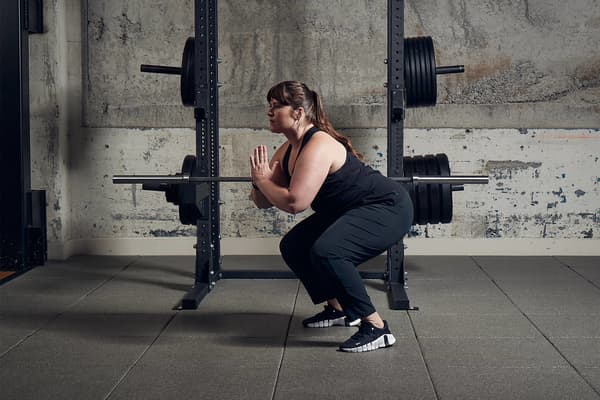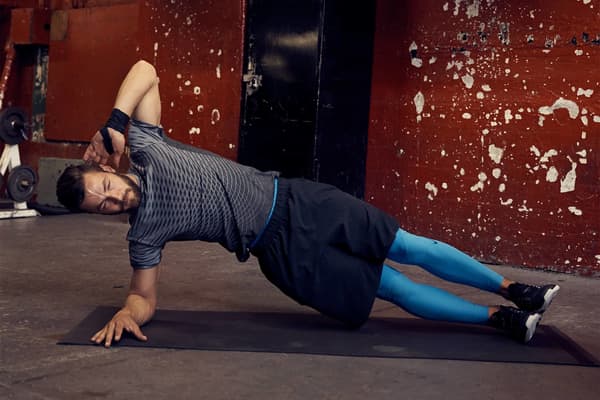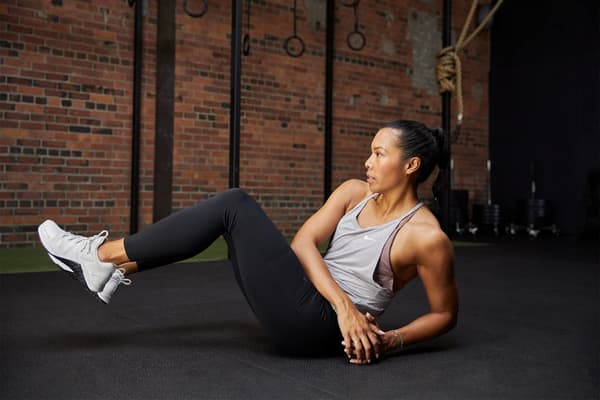3 Dumbbell Back Workouts to Include in Your Workout, According to Personal Trainers
Sport & Activity
Working your back can be as easy as grabbing some dumbbells and getting to work. Learn some new moves to get you started.
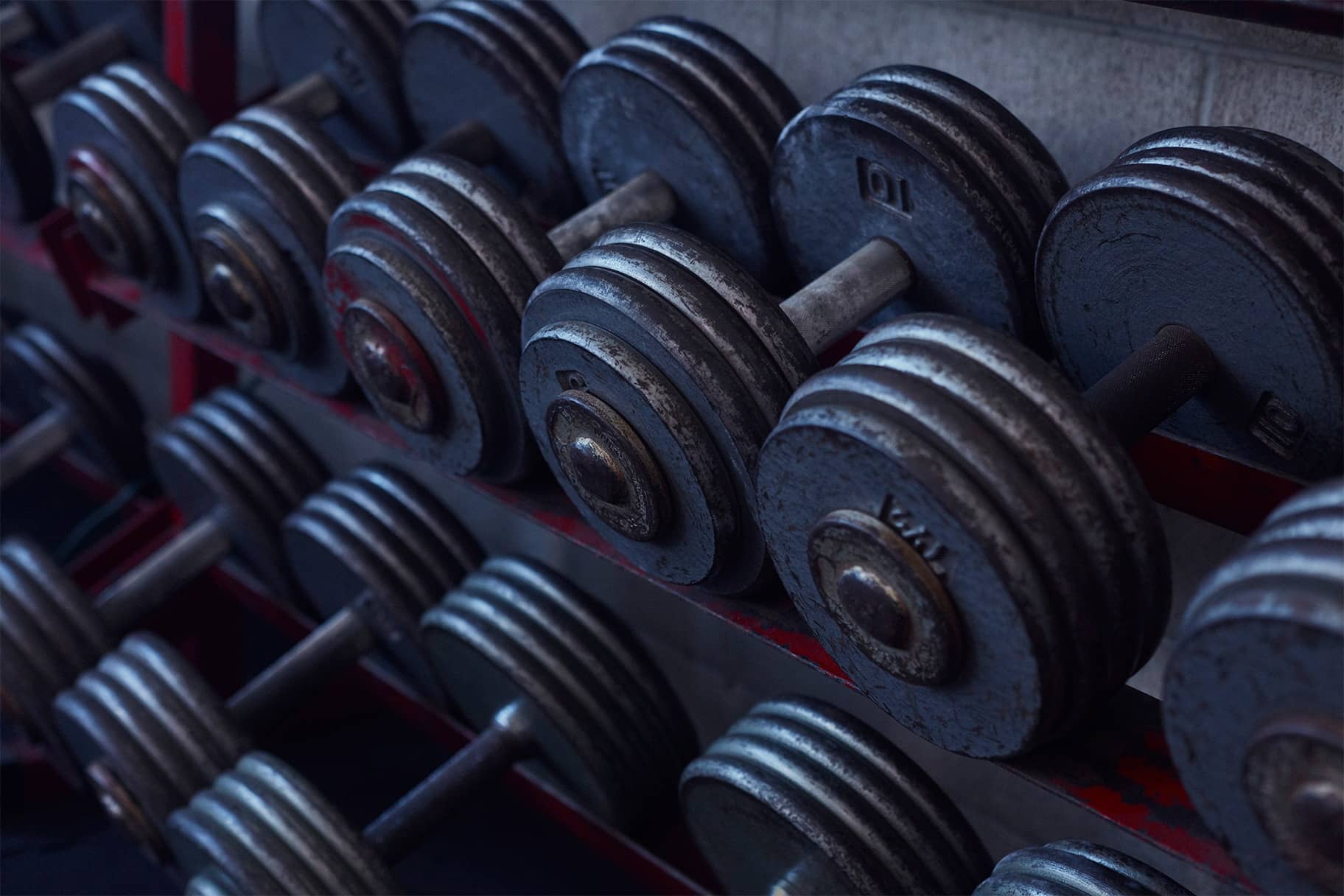
Trying to strengthen your back? Look no further than the dumbbell. The best dumbbell back workouts don't need to be complex or complicated. These simple, effective and targeted exercises focus on the back of your body. Choosing a couple of back exercises to create a circuit-style workout can help you reap the benefits of these exercises, whether you're breaking a sweat at the gym or at home.
Why Strengthening your Back Is So Important
"A strong back is the foundation to a strong body", said Bianca Vesco, a NASM-certified personal trainer based in Nashville, USA. "Strengthening your back improves posture, the stability of your entire body and can help to prevent pain and injury as we age". When your back muscles are weak, paired with a lot of sitting (as many of us do all day), you can lose spinal mobility, "which can lead to a lot of pain and mobility issues in the future", Vesco said.
"Having a strong back can also improve exercise performance and positively impact your overall quality of life", said Ellen Thompson, NASM-certified personal trainer and head personal trainer at Blink Fitness. "Incorporating back days, or even just a few back exercises, into your training programme can be the difference between seeing strength gains and seeing a physiotherapist", she added.
3 Benefits of Using Dumbbells for Back Workouts
1.You can achieve a larger range of motion.
"Barbells, cable machines and plate-loaded strength machines can all limit your natural range of motion", Thomson said. For example, when you do a bent-over row with a barbell, you can only move as far as the barbell allows; in other words, to your ribcage. "With dumbbells, however, you can pull back as far as you want, targeting right into the lats", she said. This translates to working the muscle through a greater range of motion.
2.Dumbbells train stability.
"Because dumbbells aren't anchored to something stable and are 'free' moving, your body has to work a lot harder to stabilise while you're using them as opposed to a cable machine", Vesco said. This means you'll work the small stabiliser muscles in your core and back, contributing to greater gains in total-body strength and stability. This can help build strength for other workouts and activities and help your body to move more efficiently in everyday life.
These exercises are great for developing and strengthening the stabilising muscles around the joints and "when performed properly, these exercises could actually reduce risk of injury and improve performance", Thompson said.
3.Dumbbells are convenient and compact.
Dumbbells don't require much space to store or use them. "On those days when the gym is packed, you can grab them and bring them to a less-crowded area of the gym, enabling you to perform the movements you need to", Thompson said.
Alternatively, you can keep a stash of dumbbells at home for convenient workouts—no commute required.
3 Dumbbell Back Exercises
The best dumbbell back workouts are made up of excellent exercises that target the back muscles from different angles. Here, Vesco and Thompson share their favourite back exercises to do with dumbbells.
1. Bent-Over Row
"The bent-over row improves strength in the upper and lower back, glutes, hamstrings, lats and shoulders", Vesco said.
"The bent-over row also taps into core stability", Thompson said.
How to do it: stand with your feet about shoulder-width apart, holding a dumbbell in each hand. Keep your arms by your sides and a soft bend in your knees. Hinge forwards at the hips so that your torso is parallel to the floor or as close as your mobility allows. Extend your arms straight down towards the ground, palms facing towards one another. Slowly pull the dumbbells towards your chest with your elbows grazing your sides and ending behind your back, so you feel your shoulder blades squeeze together. Lower the weights back to the starting position.
Do 3 sets of 8 reps with a moderately heavy weight.
2. Dumbbell Reverse Fly
"This exercise is beneficial for improving posture", Thompson said. "It targets the back of the shoulders, middle trapezius (the large muscle that runs across the bottom of the neck and shoulders) and the rhomboids (underneath the shoulder blades)", she said.
How to do it: stand with your feet about shoulder-width apart, holding a dumbbell in each hand. Keep your arms by your sides and a soft bend in your knees. Hinge forwards at the hips so that your torso is parallel to the floor, or as close as your mobility allows, and your arms are hanging down. Keeping a slight bend in your elbows, squeeze together your shoulder blades and lift your arms out to the sides. Slowly lower the weights back down.
Do 3 sets of 12 reps with a moderately light weight.
3. Overhead Farmer's Carry
"This exercise works the entire back, shoulders and scapular stabiliser muscles", Vesco said. "Bonus points for an added core work as well".
How to do it: grab a dumbbell in each hand. Curl the weights up to your shoulders and then press them overhead so that your arms are extended towards the ceiling with your palms facing each other. Keep your shoulders down and engaged. Slowly walk forwards while keeping the weights stable and avoid hunching your shoulders up towards your ears.
Do 3 sets of 60 seconds with a moderately heavy weight.
How To Create the Best Dumbbell Back Workouts
Now that you've got a starter list of dumbbell back exercises, it's time to string them together. There are a few ways to do back exercises.
"When programming back circuits, I prefer working in supersets", Vesco said. A superset involves doing two exercises back to back, one being a heavy load and the other being on the lighter side.
"You could also work in a tri-set, which means doing three exercises back to back, for three to five sets", she said. Think of it as a mini circuit workout with three exercises versus a more common circuit with five or six exercises.
Vesco also recommended switching from double-arm to single-arm exercises, depending on your goals, weight access and how your body is feeling. "When you add unilateral training, you have the opportunity to improve your imbalances and stability because single-side exercises require so much more effort through your core", Vesco said.
"Weights, reps, programming should all be specific to you, the weights you have access to and your personal goals", Vesco said. "In general, if you're looking to build strength, go for higher weight and lower reps; if you're looking to build muscle endurance, go for lighter weight and higher reps", she said.
The US National Strength and Conditioning Association recommends matching the right weights with the right number of reps to enable you to effectively reach your goals. For example, if you're hoping to build strength, stick to higher loads and lower reps. Alternatively, if you're looking to improve muscular endurance, lower the weight and increase the reps.
Words by Amy Marturana Winderl
